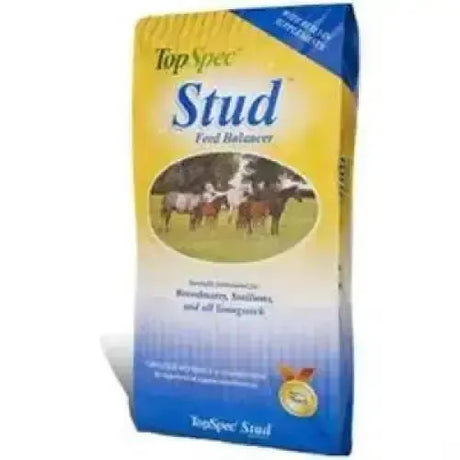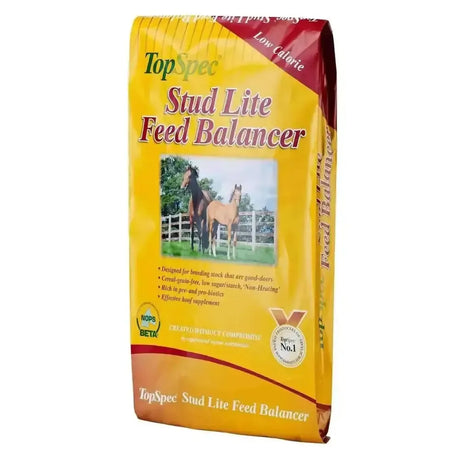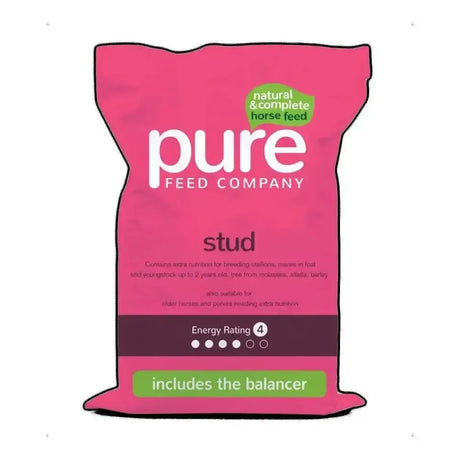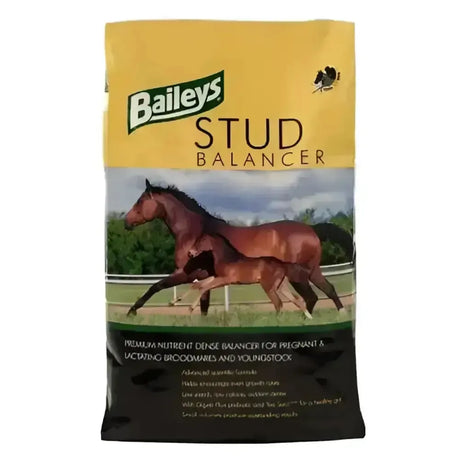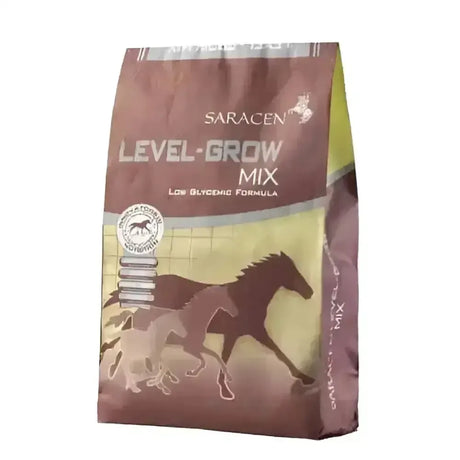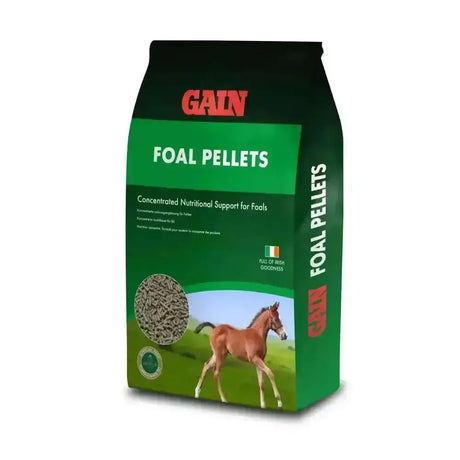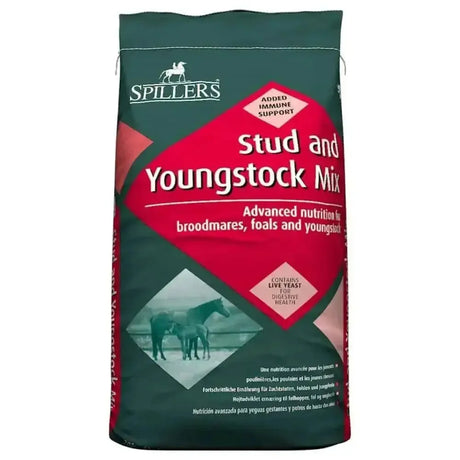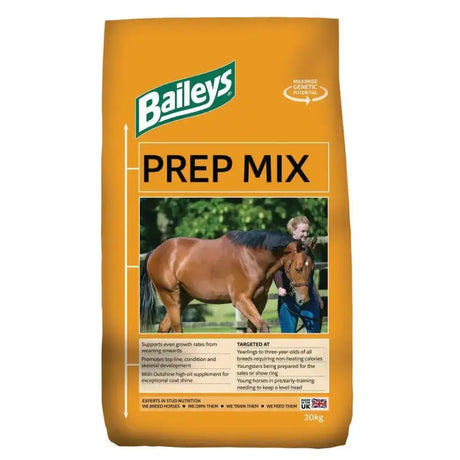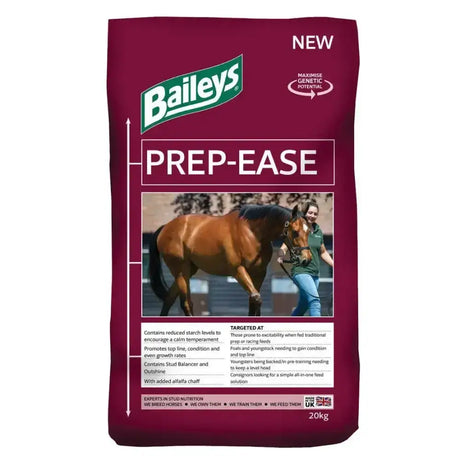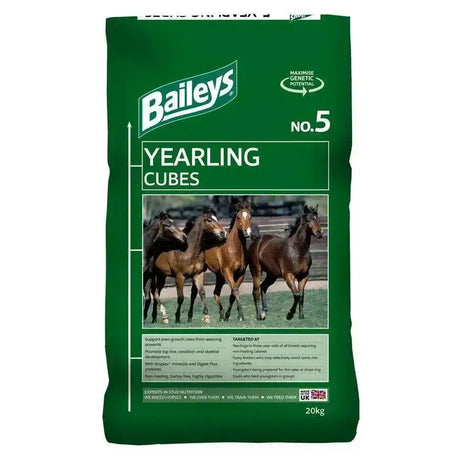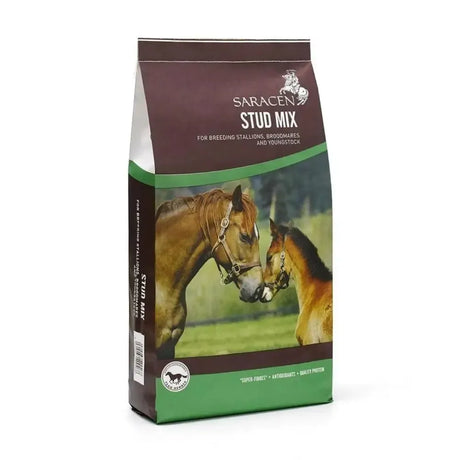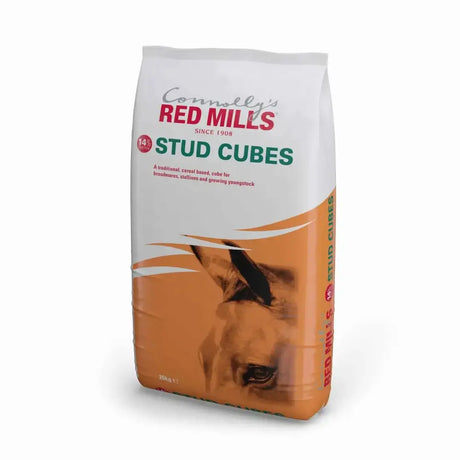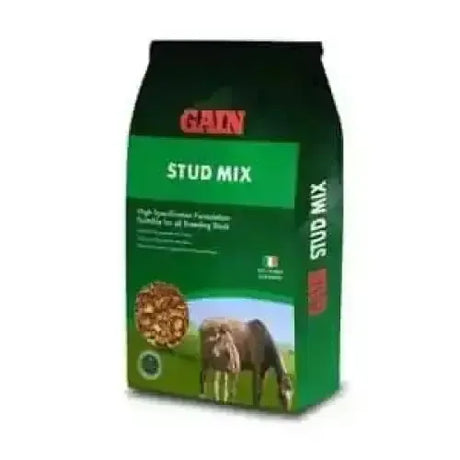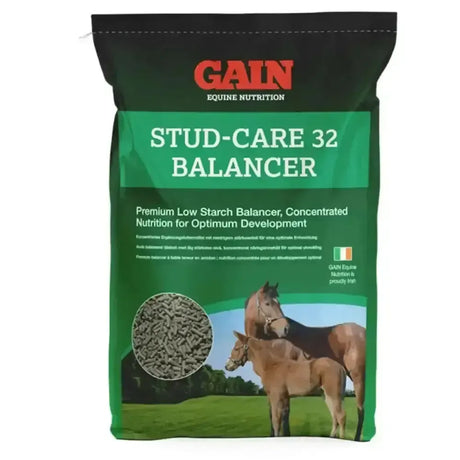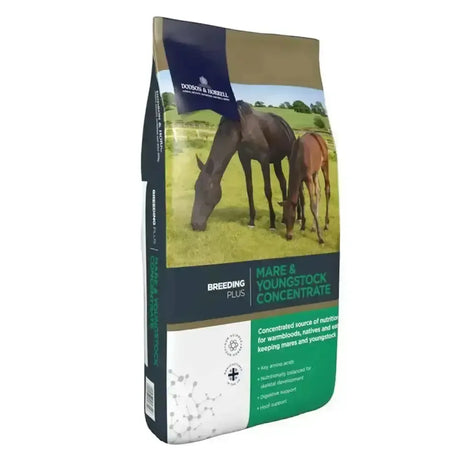Horse Feed For Stud and Youngstock
Feeding a stud (stallion) and youngstock (foals, weanlings, and yearlings) requires a balanced diet that supports growth, fertility, and overall health. Proper nutrition is crucial, particularly for young horses, as it impacts their development and long-term soundness.
1. Stud Horse (Stallions) Feeding
Stallions require a diet that provides enough energy to support their work or breeding duties without causing excessive weight gain. Maintaining good body condition, fertility, and stamina is key.
Nutritional Considerations for Stallions:
-
Energy: Active stallions need more energy during the breeding season to maintain their workload. Look for feeds with a balance of slow-release energy (from fiber and fat) and limited starch to avoid hyperactivity.
-
Protein: Moderate protein levels (10-12%) are sufficient for most stallions, though those in heavy work may require slightly more.
-
Vitamins and Minerals: Ensure proper levels of vitamin E, selenium, and zinc, as they support reproductive health.
-
Omega-3 Fatty Acids: Can help reduce inflammation, support sperm health, and improve coat condition.
Feed Options for Stallions:
-
Forage-first diet: High-quality hay or pasture should make up the majority of the diet. Timothy or alfalfa hay can be beneficial, though alfalfa may need to be limited for less active stallions to avoid excess protein.
-
Commercial Stud Feeds: Many brands offer specific formulations for breeding stallions, such as:
-
Spillers Stallion Mix: A balanced mix that provides moderate energy and protein for stallions.
-
Dengie Alfa-A Molasses Free: A high-fiber option that provides slow-release energy without excess starch.
-
Bluegrass Stud Mix: Provides balanced energy and promotes good reproductive health.
2. Youngstock (Foals, Weanlings, and Yearlings) Feeding
Youngstock have high nutritional needs to support growth and development. Proper nutrition in the early stages can prevent growth disorders, such as Developmental Orthopedic Disease (DOD).
Nutritional Considerations for Youngstock:
-
Protein: Young horses require a higher percentage of protein (14-16%) compared to adult horses, as it supports muscle and tissue development.
-
Calcium and Phosphorus: Essential for bone development, and the correct ratio (about 2:1) of calcium to phosphorus is crucial to avoid growth problems.
-
Energy: Growing horses need sufficient energy but avoid overfeeding, which can lead to rapid growth and related skeletal issues.
-
Vitamins and Minerals: Vitamins like A, D, and E, as well as minerals like copper, zinc, and magnesium, are important for growth, immune function, and bone health.
-
Fiber and Digestibility: High-quality fiber is important, and some young horses may need feeds that are easy to digest to maximize nutrient absorption.
Feed Options for Youngstock:
-
Mare’s Milk (Foals): In the first few months, foals get most of their nutrition from the mare’s milk. Around 2-3 months, they can be introduced to creep feeding (a specialized feed for young horses).
-
Creep Feed: Introduce foals to a creep feed high in protein and calcium. These feeds are designed to support the gradual transition to solid food. Some options include:
-
Baileys Stud Balancer: A nutrient-dense pellet that provides essential vitamins and minerals for youngstock without excess calories.
-
Dengie Alfa-A Oil: A high-fiber, high-oil chaff that can be used to complement a balanced ration for growing horses.
-
Weanlings and Yearlings: At this stage, young horses need more substantial feeds that support continued growth. Look for specialized growth feeds that balance energy, protein, and minerals:
-
Spillers Grow 'n Win: A high-quality feed for weanlings and yearlings, containing essential nutrients for healthy growth.
-
Saracen Mare & Youngstock Mix: Designed for growing foals and yearlings, this feed promotes muscle and bone development while maintaining a steady growth rate.
-
Triple Crown Growth: A feed that combines high fiber, protein, and fat, ideal for weanlings and yearlings.
-
Stud Balancers: These can be given alongside forage to provide concentrated nutrition. Balancers include essential vitamins, minerals, and protein without adding excess calories.
3. Key Supplements
-
Biotin: Supports hoof growth, which is important for both growing youngstock and stud horses.
-
Calcium and Phosphorus: Especially crucial for youngstock to support skeletal development.
-
Omega-3 and Omega-6 Fatty Acids: Help promote coat condition, joint health, and inflammation control, beneficial for both stallions and growing horses.
-
Probiotics/Prebiotics: Help improve gut health and nutrient absorption, especially important during periods of stress such as weaning or the breeding season for stallions.
Summary of Feeding Guidelines:
-
Studs: High-quality forage with a controlled energy feed. Use stud-specific feeds with moderate protein, low starch, and omega-3s.
-
Foals/Youngstock: Creep feed for foals, and balanced growth feeds for weanlings and yearlings with high protein, minerals, and controlled energy.
Maintaining a balanced, age-appropriate diet will ensure your stud and young horses are healthy, fit, and able to meet their specific needs whether it’s for breeding, growth, or development. Always consult with a veterinarian or equine nutritionist to tailor feeding programs to individual horses' needs.



